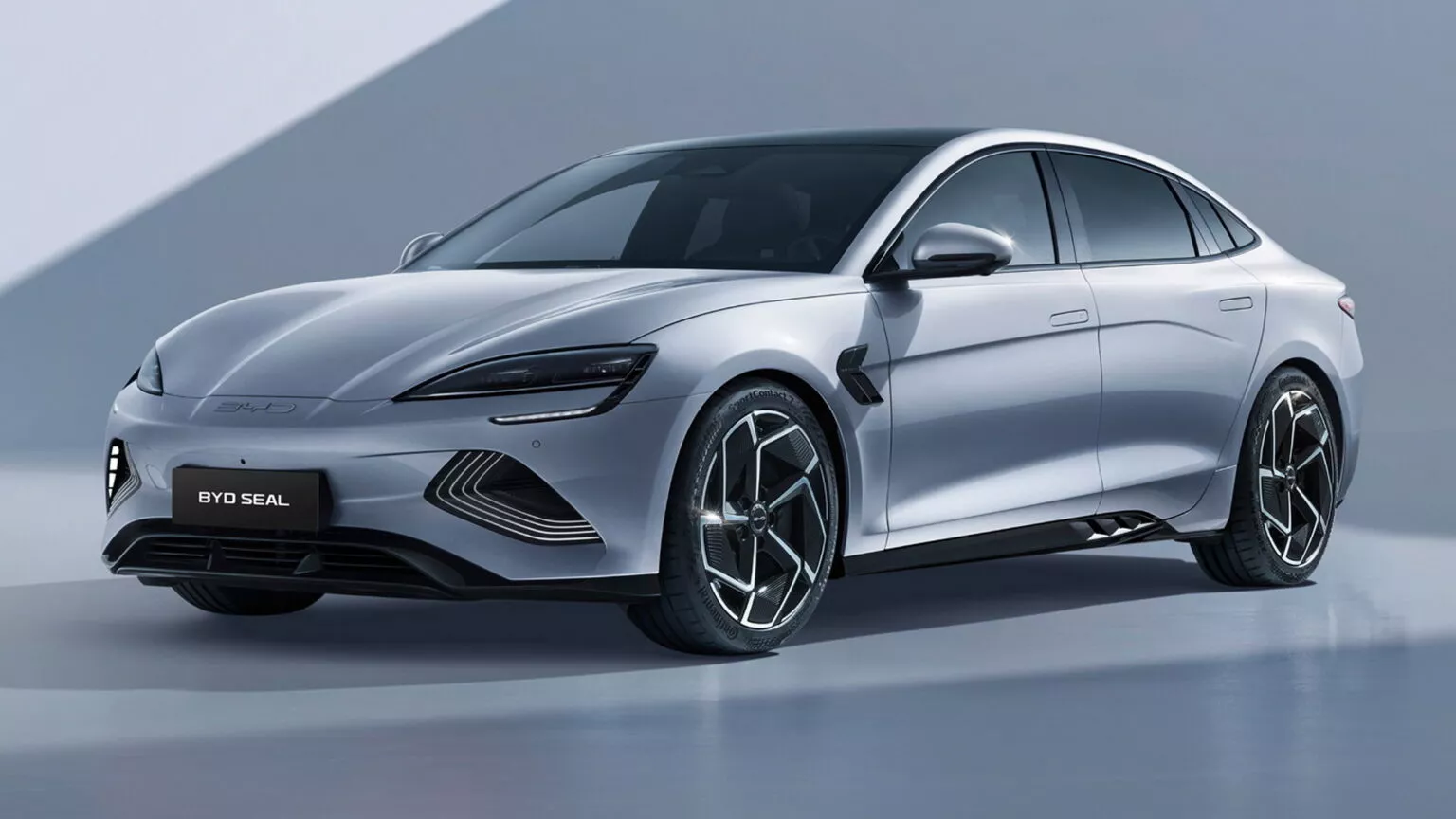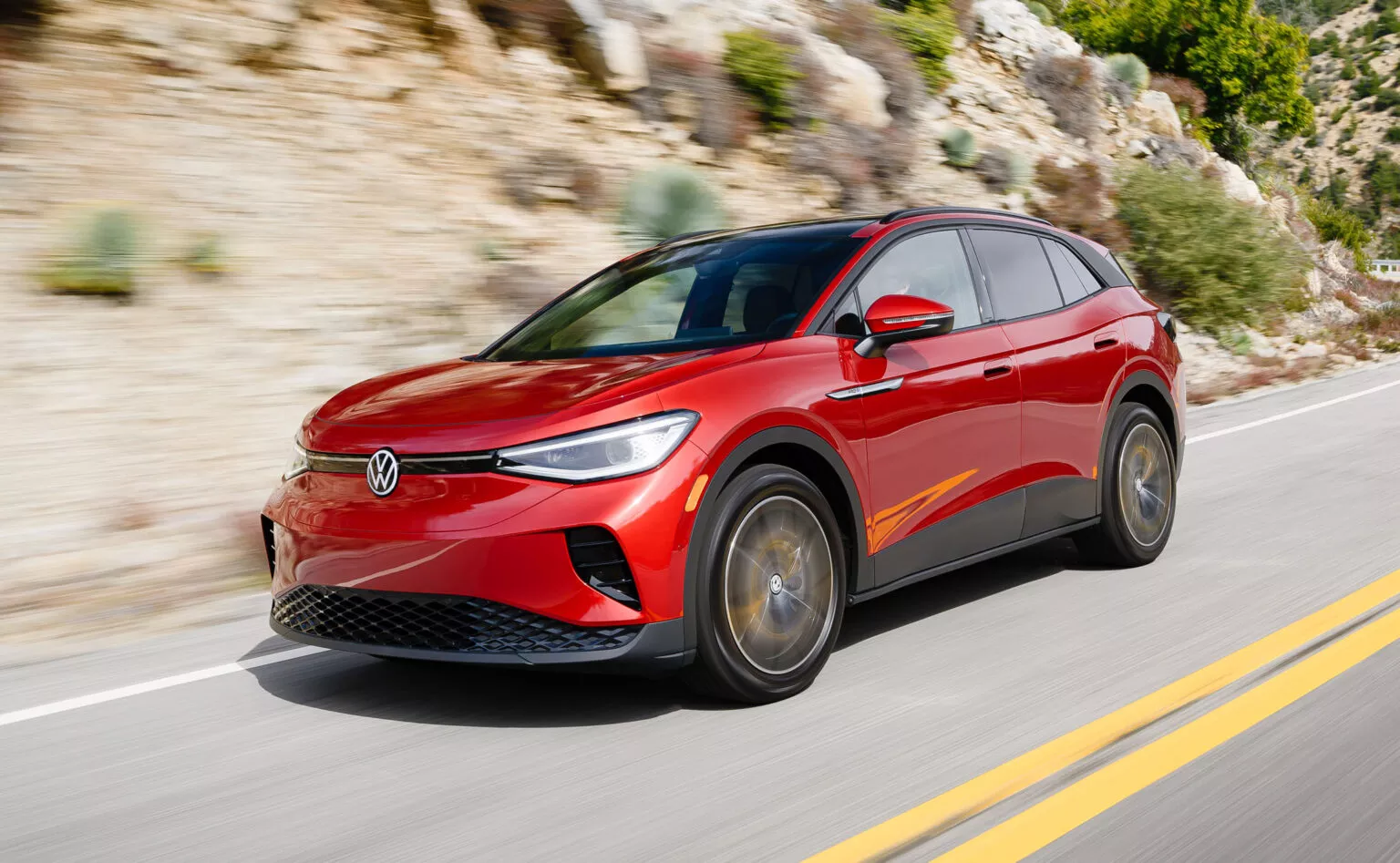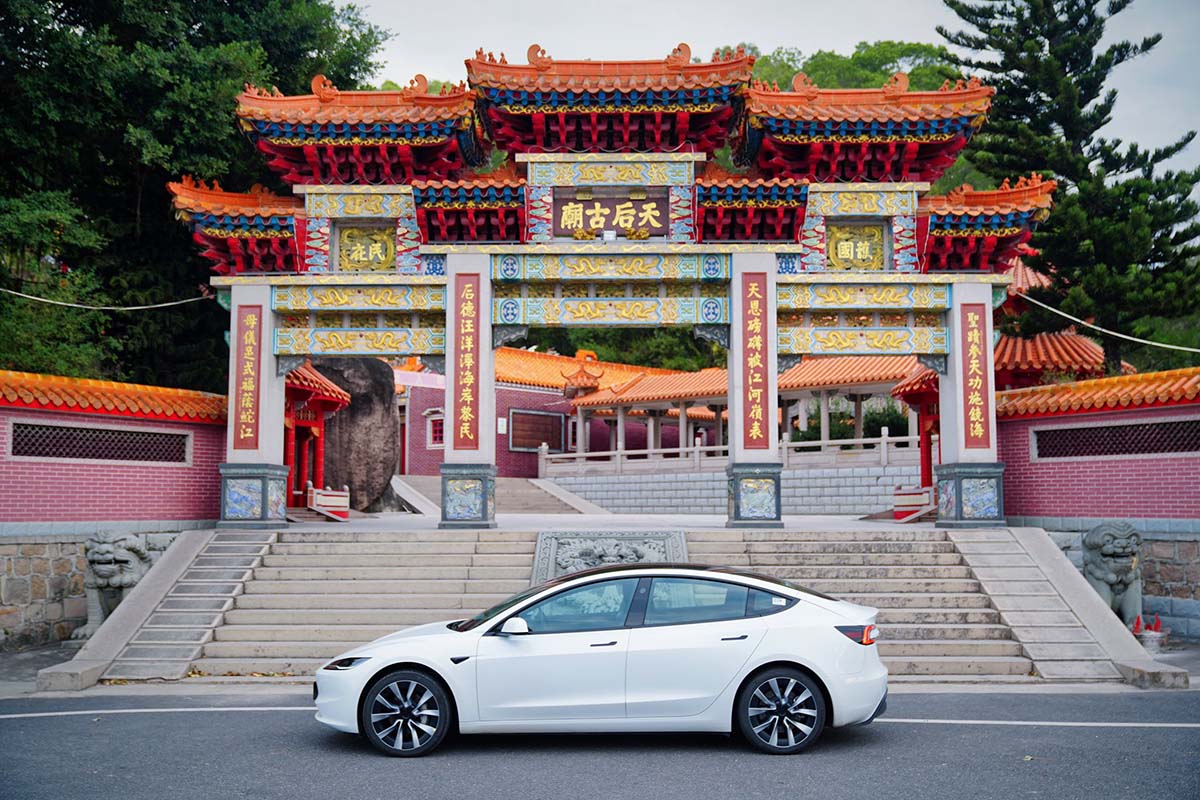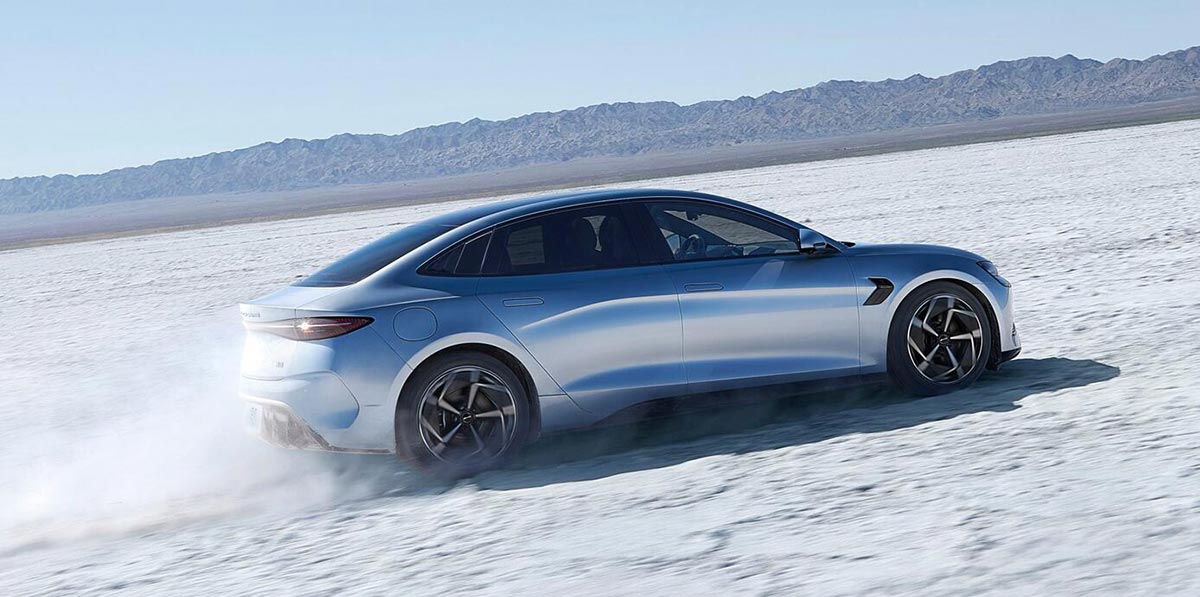Xiaomi’s CEO, Lei Jun, announced on Thursday that sales of the company’s first electric car, the SU7, have been 3-5 times higher than expected. The standard versions of the SU7 began delivery to buyers ahead of schedule, with Lei Jun revealing the news during a livestream on Douyin, China’s equivalent of TikTok, which attracted over 34 million viewers.
The SU7, which features styling cues from Porsche, was launched late last month, entering China’s competitive EV market with a price tag under $30,000 for the base model. This pricing significantly undercuts Tesla’s Model 3, making it an attractive option for consumers.
Xiaomi has stated that it expects to incur losses on the SU7, but the strong sales performance indicates a promising start for the company’s venture into the electric vehicle market. The company had initially planned to deliver the standard version of the SU7 in mid-April but brought forward deliveries by 12 days, starting in Beijing and Shenzhen.
Lei Jun also mentioned Xiaomi’s future development plans, emphasizing a focus on the SU7 and a commitment to software updates at least once a month to address any issues promptly. Xiaomi plans to start deliveries of Max models this month and Pro models by the end of May, expanding its electric vehicle lineup.
The launch of Xiaomi’s EV has prompted other Chinese EV brands to announce price cuts and subsidies, highlighting the competitive dynamics in China’s EV market. Despite challenges such as a price war and slowing demand, analysts believe Xiaomi’s deep pockets and expertise in smart dashboards from its smartphone business give it a competitive edge in the EV market.
While the SU7’s projected sales volume for this year is 60,000 units, analysts estimate that Xiaomi could incur a substantial net loss, with Citi predicting a loss of 4.1 billion yuan, or an average of 68,000 yuan per car.





